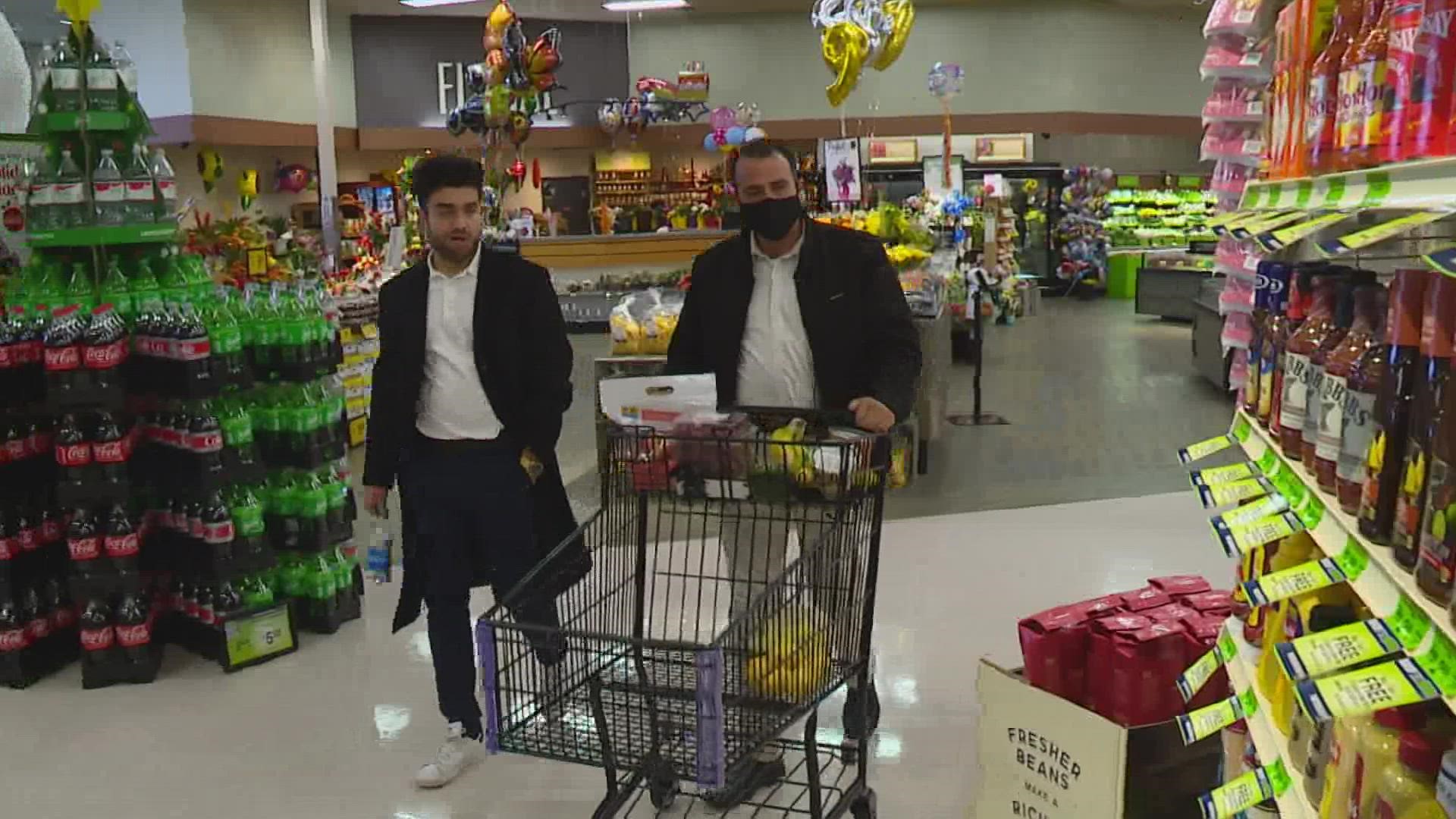SEATAC, Wash. — Following the collapse of the Afghanistan government and the humanitarian crisis that ensued as the Taliban quickly took over the country, the Port of Seattle and a number of other local organizations have been working to properly welcome refugees to the Puget Sound region.
Over the last six months, the port and its partners have processed about 3,000 Afghan refugees coming into the Seattle area after escaping the Middle East, with another 550 refugees expected in the next week or so.
In a briefing organized by the Port of Seattle, Washington State Refugee Coordinator Sarah Peterson said the state has been in touch with the federal government to expand the state’s capacity while working with local partners to get these refugees housing, employment services and other types of assistance.
“Welcoming refugees is a collective effort. And we couldn't do this work without all of our great partners, to the refugee resettlement agencies, our local community-based organizations, the African American and Muslim American community partners, other state and local, county government agencies, as well as many, many more,” Peterson said.
Peterson added that in addition to all of the work being done by groups like the Muslim Association of Puget Sound or the South Seattle Chamber of Commerce, community members can help refugees through things like renting them an apartment, identifying permanent housing and donating items like mattresses and other furniture.
“The refugee resettlement journey does not end in 90 days,” she said. “We know that it takes many people a lot longer to rebuild their lives, to find a permanent home, to build a community, to connect with both American citizens as well as other members of their own ethnic communities. This takes time.”
Ghulam Mohmand, a board member for the Afghan American Cultural Association, shared how support from the state and local organizations have helped his family and welcomed them to the U.S.
“I am blessed to be connected to my nephew, his wife and his four children. I finally have family members here with me in the U.S.,” Mohmand explained. “I have been living in the U.S. for [the] last several years. People in the past seven years have always asked if I had family here, and for many years, my answer has always been ‘no.’ But now I can say ‘yes, I have a family here.’”
The Washington Department of Social and Health Services has resources on its website on ways that community members can help refugees thrive throughout the state.

